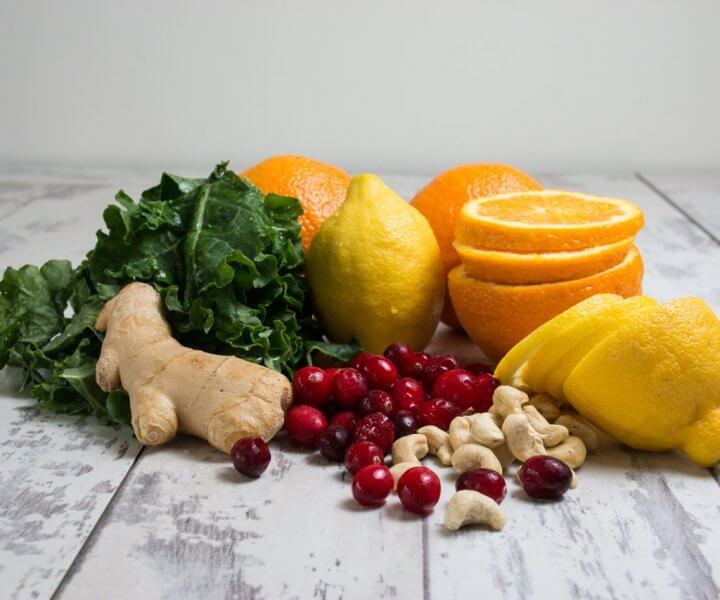
Did you know that a mother’s nutritional status at the time of conception can have a significant impact on the health of her future baby? If you’re planning on getting pregnant or are looking to improve upon your fertility, don’t overlook how you nourish your own body. After all, this will be your child’s first residence before entering the world.
Okay, I’m on board… but where do I start?
Foundational goals:
- Implement a whole foods diet high in plant foods.
- Eliminate what is not supportive.
- Improve upon any macronutrient or micronutrient deficiencies.
- Keep it simple and make it fun!
Bring it on:
-
Vegetables & fruit
Pile up your plate with an assortment of these vitamin and mineral-rich powerhouses. Half your plate should include low carbohydrate vegetables. Add different colors, and taste the rainbow.
Green: kale, spinach, Swiss chard, collards, broccoli, Brussel sprouts, asparagus, avocado
Red: tomatoes, bell pepper, radish, apples, raspberries, strawberries, cherries
Purple: cabbage, beets, blackberries
Blue: blueberries
Orange: carrots, yam, bell pepper, oranges
Yellow: squash, lemon, banana
White: onion, garlic, mushrooms, cauliflower
-
Protein
The majority of your protein intake should come from vegetarian sources (beans, soybeans, tofu, nuts, seeds etc.), and less should come from animal protein. Beef, chicken, turkey, and eggs can be enjoyed in moderation. Fish is a great source of omega-3 fats, but avoid consuming fish high in mercury. High mercury containing fish include swordfish, shark, king mackerel, tilefish, and tuna. Check out http://www.seachoice.org/seafood-recommendations/health-recommendations/ for more information on mercury content.
-
Fats
Make friends with fat. Olive oil, fish oil, avocado, nuts/seeds, and full fat dairy (1-2 servings/day) have all been shown to improve fertility. Get creative and add your fats to dressings, salads, smoothies, oatmeal, whole grains, beans, vegetables and fruit.
-
Complex carbs
Drop the simple carbohydrates and focus on whole grains such as rice, quinoa, oats, millet, fruits, vegetable, and beans. Complex carbohydrates not only provide more nutrients, but digest more slowly, keeping you feeling fuller longer and your blood sugar balanced.
-
Iron
Iron can become deficient in pregnancy, and is often low in women due to menstruation. Have your iron and ferritin levels checked by your doctor to determine whether you would benefit from an iron supplement. Leafy greens and lean meats can be additional dietary sources of iron, but avoid focusing on red meat as your main source of iron.
-
Water
Hydrate, hydrate, hydrate! Drink up to 2 litres of water/day. Increase water and electrolytes with sweating and exercise.
Kick it to the curb:
The following have shown to decrease fertility:
- Alcohol
- Caffeine
- Trans fats & processed foods
- Meat protein: can be eaten in moderation.
- Simple carbs: sugar, bread, pasta, pastries, cookies, breakfast cereal, potatoes etc.
- Low fat dairy: opt for full fat dairy.
- Fish that contain mercury: https://seaturtles.org/articles/advanced-calculator/
- Smoking: tobacco/marijuana etc.
Dietary changes do not replace proper prenatal supplementation. All women should be on a prenatal vitamin containing sufficient folic acid. Talk to your doctor to determine what you should be taking, and if you require any additional supplementation.
Dr. Michelle Hislop
Leave a Reply